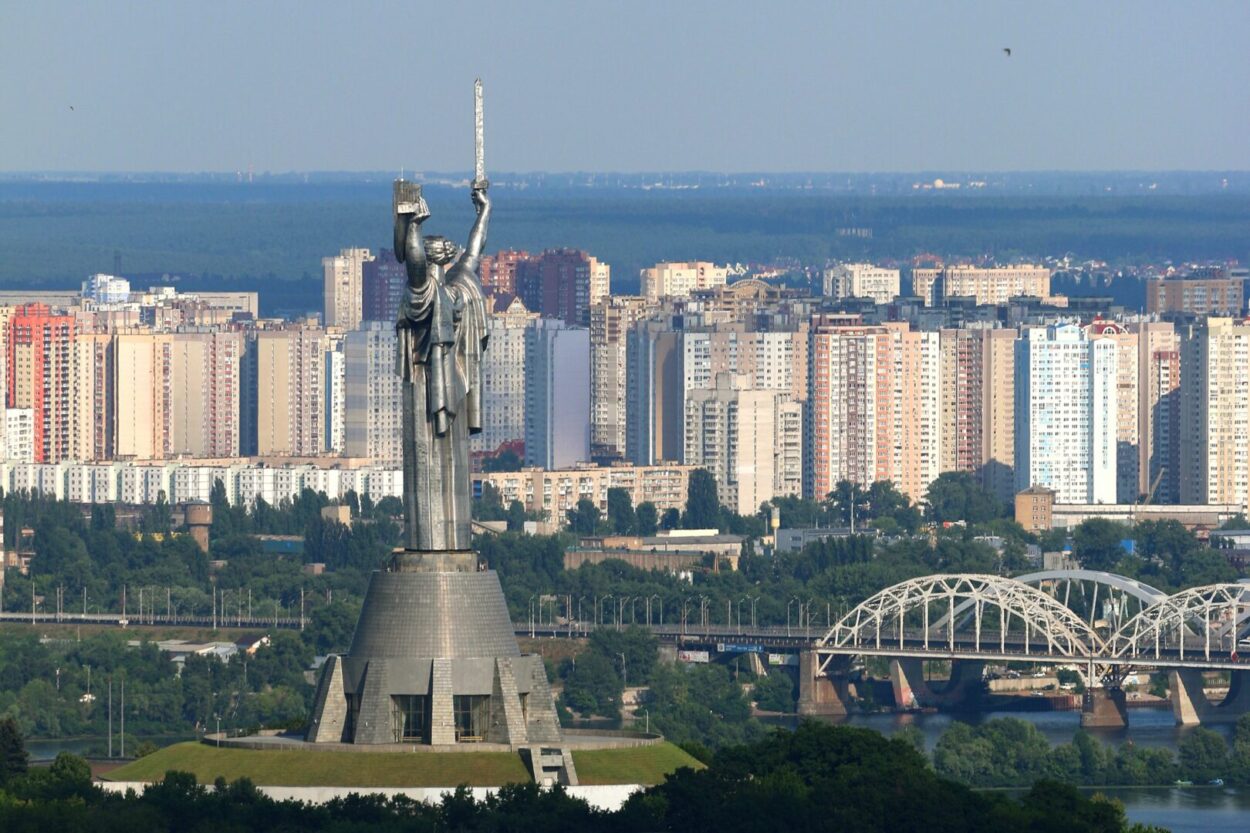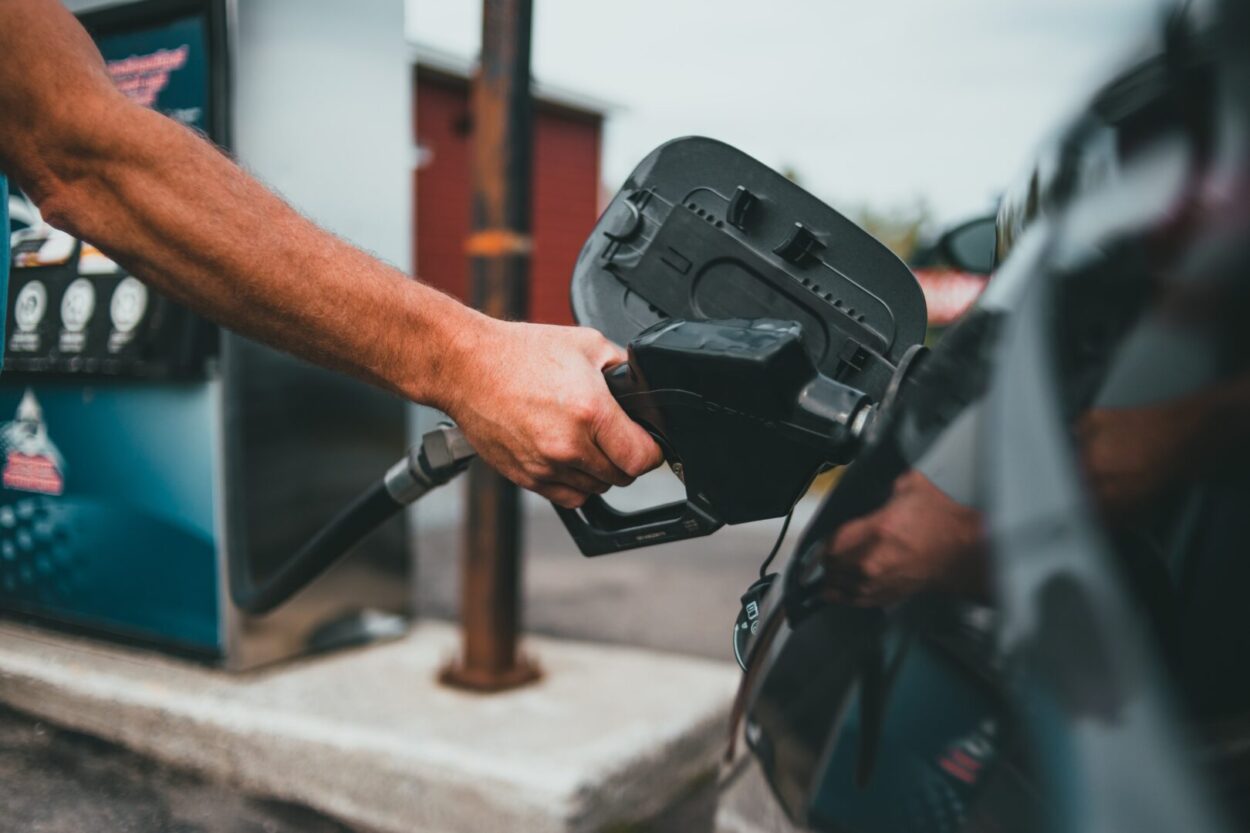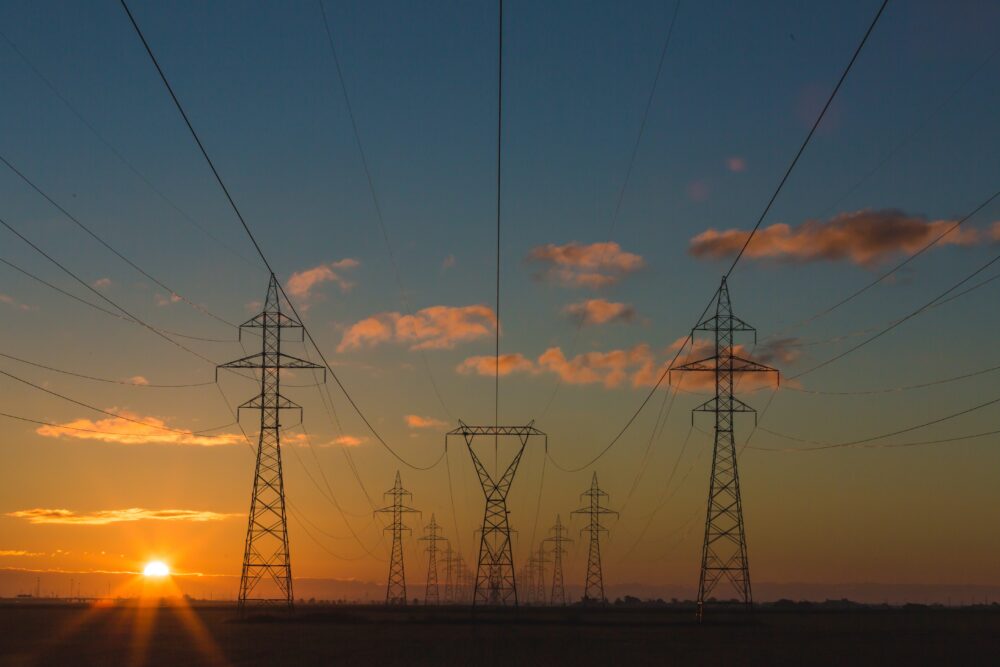Jasmine Birtles
Your money-making expert. Financial journalist, TV and radio personality.


As Russia invades Ukraine, oil prices are edging ever closer to $100 a barrel: Russia is the world’s second largest exporter of oil, and claim that gas prices would double after Germany refused to open Nord Stream 2, a new pipeline from Russia. Russia and Ukraine make up 29% of global wheat exports, 80% of sunflower oil, and 19% of corn.
Sarah Coles, senior personal finance analyst, Hargreaves Lansdown:
“Russia sending tanks into Ukraine sounds terrifying, but it also sounds a long way away. Unfortunately, in a world of global trade, it’s going to hit far closer to home too, as prices spike. We’re already struggling with the worst cost of living crisis in a generation, and military and political tensions are going to pile even more pressure on all of us.

Russia bombing Ukraine will cost us all a great deal
The oil price is already edging closer to $100 dollars a barrel. This is going to feed fairly quickly through to even higher fuel prices on forecourts. We have seen petrol and diesel hit record highs, with petrol hitting £1.49 last weekend. This action is highly likely to push it past £1.50. Diesel has already breached this milestone, and is on its way even higher.
The government could do something about this, because it’s responsible for the lion’s share of the cost of filling up the car: 40% of the overall cost is fuel duty and 17% is VAT. However, aside from announcing another fuel duty freeze – which has become something of an annual tradition – it’s highly unlikely to step in to protect motorists.

Many are saying petrol prices will be hardest hit
More of us are having to give serious thought as to how we use our cars, and how we can cut back on fuel. Big lifestyle changes, like switching to public transport or making fewer journeys, are incredibly effective, but are never easy. If you can’t cut back how much you drive, you can make a big difference to fuel efficiency with some easy maintenance, like ensuring your car is serviced regularly and that your tyres are properly inflated. You should also remove roof bars and boxes when you don’t need them, to cut down on air resistance, and take heavy loads out of the boot. Driving styles make a big difference too: driving more slowly, in the highest appropriate gear and accelerating more gently.
Gas prices are also on the march. The UK gets far less gas from Russia than the rest of Europe – at around 3%. But while this means less threat of shortages, it’s not going to protect the UK from sky-high prices on the international markets. We’re incredibly dependent on gas, because more than a third of houses have gas central heating, so the impact will be widespread.
We’re already facing eye-watering price rises in April, when the energy price cap rises 54% – or almost £700 a year. If wholesale gas prices continue to rise, it could mean more price hikes are on the way when the price cap changes again in October. Ofgem is currently consulting on possible changes to the way the price cap operates after this point. Among the options are switching to review the price cap every three months, or sticking with six months but allowing more regular reviews in exceptional circumstances. It means we could get a rise in October, and then another one as soon as January 2023.

Energy prices are already at crisis point.
The price cap hike in April means most of us are already thinking about energy efficiency. For those with the available cash and access to tradespeople who are available this side of the summer, now could be the time to consider outlays like double glazing and insulation. Otherwise, there are still steps you can take – like turning the thermostat down by one degree, switching radiators off in rooms that aren’t used regularly, being more ruthless about how often you run the dishwasher and washing machine, or installing DIY draught-proofing.
It’s also important to investigate the help you may be entitled to. Check whether your supplier’s warm home discount is still open for applications, and whether you qualify, because this can provide £140 off your energy bills. You should also check whether you qualify for a grant from your provider or your local council – both of which have specific support schemes for people who are struggling. Citizens Advice knows both the benefits system and the energy support rules like the back of their hand, so are a brilliant place to go for help.
If the situation escalates, it could impact the export of food from Russia. Russia and Ukraine make up 29% of wheat exports, 19% of exported corn and 80% of sunflower oil exports. The UK isn’t among the main markets for these exports, but our food prices will rise. This is partly because fewer exports are likely to hit global food prices, which will impact the cost of food supplied to the UK too. It’s also because one thing we do import from Russia is chemicals for fertilisers, which could hit UK harvests. And the rising cost of energy is going to make every step in food processing and transportation more expensive. Food prices are already rising at their fastest pace in a decade, and the price of essentials like pasta, eggs and milk is rising even more quickly.

Food prices may increase even further
For anyone who hasn’t yet cut back on the cost of groceries, there are all sorts of savings to be made by trading down from branded items to supermarket own-brands, or from own-brands to budget ranges. It’s also well worth trying the discount supermarkets, which still offer significant savings. For those who have already traded down, it’s far harder to cut costs, because you can’t live without the essentials. The good news is that thanks to pressure from anti-poverty campaigner Jack Monroe, Asda has brought back more of its budget range in more stores, including the essentials.”
MoneyMagpie’s Jasmine Birtles says, “As if it weren’t already difficult for many of us to make ends meet, the sanctions that our government is putting on Russia will most definitely increase the cost of living here day-to-day.
“Although we only get 5% of our gas from Russia, Europe gets 40% of theirs from the superpower and it will mean that if we need to buy gas abroad it will be even more expensive than it is right now. Also the price of oil has already gone up in response to the crisis which will affect the cost of filling up our cars and vans at the petrol pump. Not only that but Russia and Ukraine are the bread basket of Europe so these sanctions are likely to affect the cost of bread and other staples that we buy at the supermarket.
“Altogether we need these price hikes like we need a hole in the head. However I would certainly prefer to keep sanctions goingr than have our armed forces take part in a bloody war. Frankly I would like to see tough sanctions coming from the City now which has a lot of Russian money and could afford to cut off a few ties there. I really hope that this crisis can be finished quickly but without decisive action from the USA I don’t think that will happen.”
For financial help always remember that it is out there. Debt charity Turn2Us are always keen to hear your story and offer support.

Brave Ukranians.